Overview: Zhejiang International Science and Technology Cooperation Base of Air Pollution and Health is an international research center approved by the Department of Science & Technology, Zhejiang Province in 2020. It is an important international cooperation platform for environmental health research and talent training in Zhejiang Province with national and global impacts.
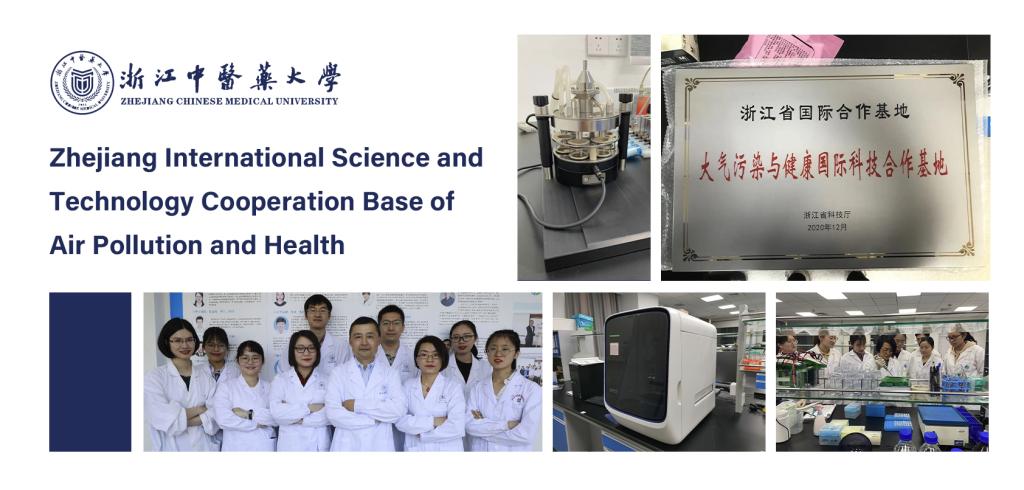
Research Direction: The center conducts extensive and in-depth basic and applied researches on ambient air pollution and health in four main areas.
(1) Health hazards and intervention of exposure to ambient fine particulate matter (PM2.5): study the impact of PM2.5 on metabolic cardiovascular diseases, elucidate the molecular mechanism of disease pathogenesis and explore the roles of traditional Chinese medicine (TCM) and Western medicine in the prevention and treatment of metabolic cardiovascular diseases caused by PM2.5 exposure.
(2) Health hazards of exposure to ozone: investigate ozone exposure on respiratory and cardiovascular injuries, and discover possible interventions to prevent or alleviate ozone health damage.
(3) Health hazards of e-cigarette smoke: illustrate toxic hazards of e-cigarette exposure to the body.
(4) Health hazards of climate change: explore extreme temperature exposure on health impacts in a Comprehensive Climate and Air Pollution System.
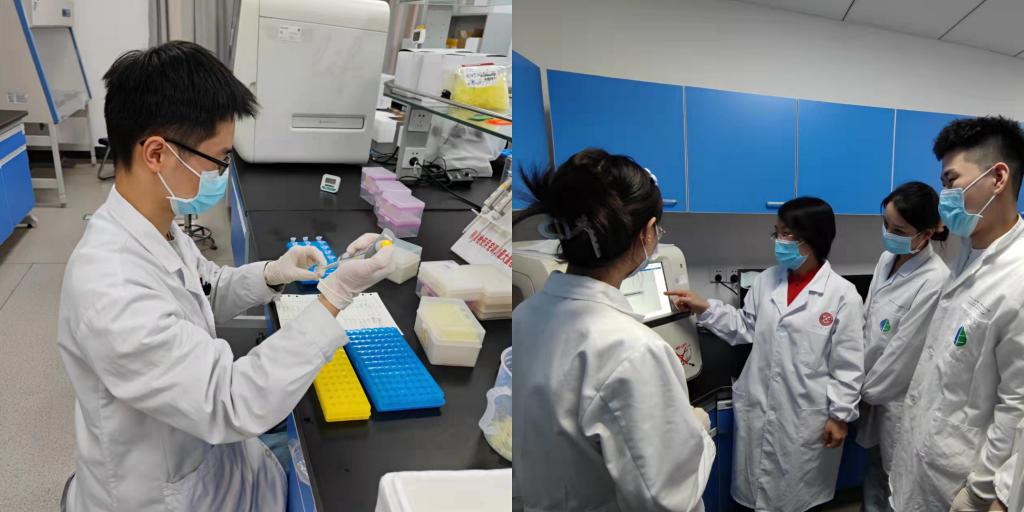
Researcher Introduction: There are 15 researchers in the Base, with Professor Liu Cuiqing as the Base Director, Professor Sun Qinghua and Professor Ding Zhishan as the Base Deputy Directors, and Dr. Li Ran as the Base Secretary. The expertise of the team covers broad fields and topics, such as environmental toxicology, epidemiology, physiology, respiratory medicine and endocrinology.
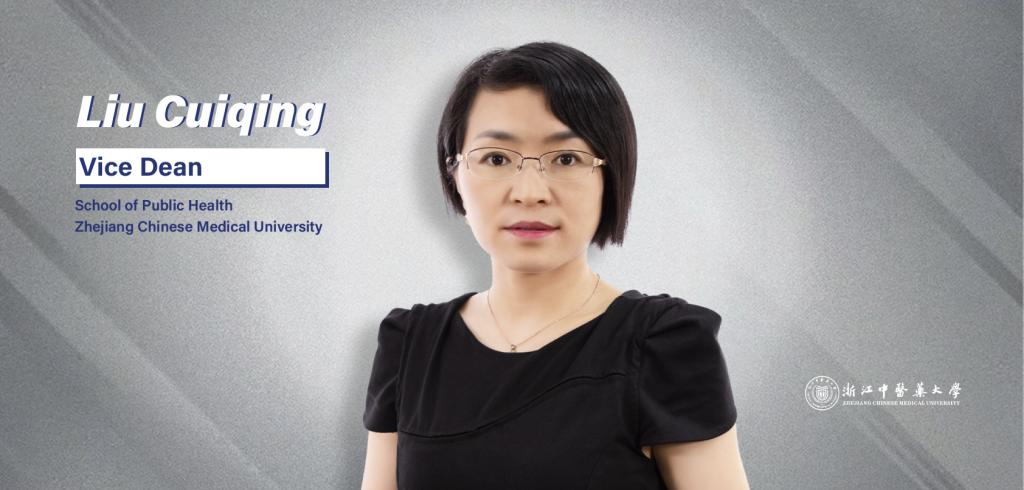
Professor Liu Cuiqing is the Vice Dean of the School of Public Health, Zhejiang Chinese Medical University. Prof. Liu has been awarded the Outstanding Youth Fund of Zhejiang Provincial Natural Science Foundation and is in charge of Zhejiang International Science and Technology Cooperation Base of Air Pollution and Health. In 2014, Prof. Liu won the first prize in the 8th Young Teachers Teaching Skills Competition of Zhejiang Province. In 2018, she won the Science and Technology Award of the Zhejiang Provincial Society of Toxicology. She is the Deputy Director of the Health Management Branch of the China Association of Chinese Medicine and the standing committee of the Mutagenesis Committee of the Chinese Environmental Mutagen Society. Her research focuses on the effects of environmental factors such as atmospheric pollution and temperature on metabolic and cardiovascular diseases. She has been awarded one key project of the Ministry of Science and Technology for International R&D Cooperation, three projects of the National Natural Science Foundation of China, including the National Major Research Program Cultivation Project, and several provincial and ministerial projects, including Zhejiang Provincial Outstanding Youth Fund. She has published more than 50 SCI-indexed research articles in high impact journals, such as Environmental Health Perspectives, Particle & Fibre Toxicology, Toxicological Sciences.
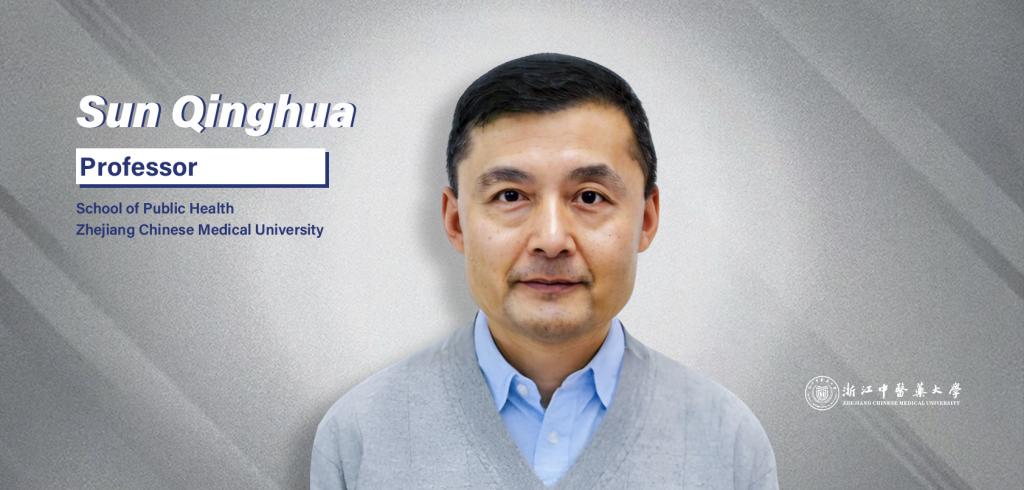
Sun Qinghua, Professor of the School of Public Health, Zhejiang Chinese Medical University, was a tenured professor in the College of Public Health at The Ohio State University in the United States before he joined Zhejiang Chinese Medical University in 2021. He earned his MD from Peking Union Medical College in 1996 and worked at Free University of Brussels in Belgium, Columbia University, University of Michigan, Mount Sinai School of Medicine and The Ohio State University in the United States. His research focuses on mechanistic investigations of ambient PM2.5 and climate change on systemic diseases and aging, along with exercise and dietary interventions. He has been funded by national government and non-governmental organizations (NGO), including National Institute of Health/National Institute of Environmental Health Sciences (NIH/NIEHS), and has published more than 170 research papers.
Project, Research, Cooperation and Exchange: As a platform for domestic and international research cooperation and academic exchange, the Base has carried out extensive cooperation and exchange with well-known universities globally, such as in the United States and Israel. The Base has undertaken more than 10 national projects, including the National Key R&D Project, the National Natural Science Foundation of China's Major Research Plan, General Program, Young Scientists Found projects and many provincial and ministerial-level projects.
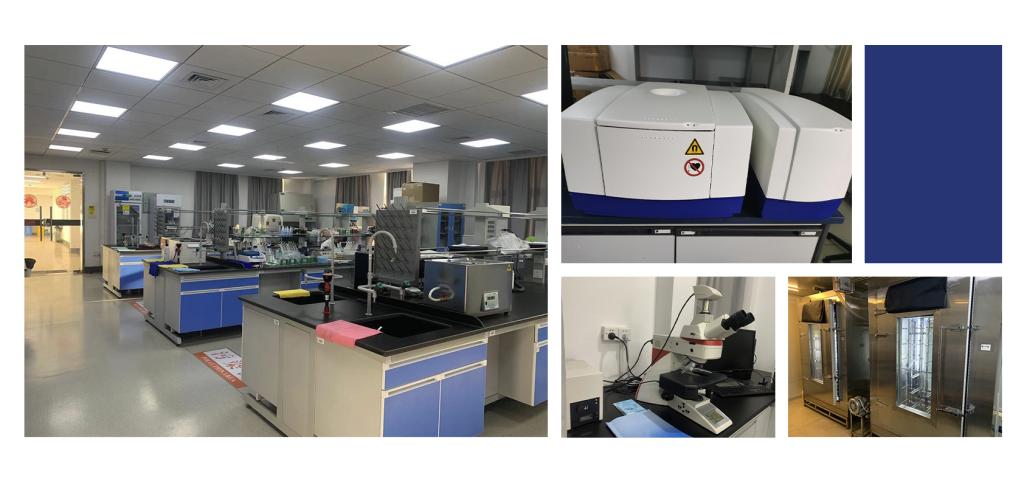
Laboratory Equipment:The Base has nearly 20 sets of technologically advanced instruments and equipment, including ambient PM2.5 exposure system, concentrated PM2.5 exposure system, small animal body composition analyzer, dual-channel dissolved oxygen meter, isolated microvascular tension measurement system, cell exposure staining system, automatic cell viability analysis system, real-time fluorescence quantitative PCR instrument, Multi-mode microplate reader, upright and inverted fluorescence microscope, etc.